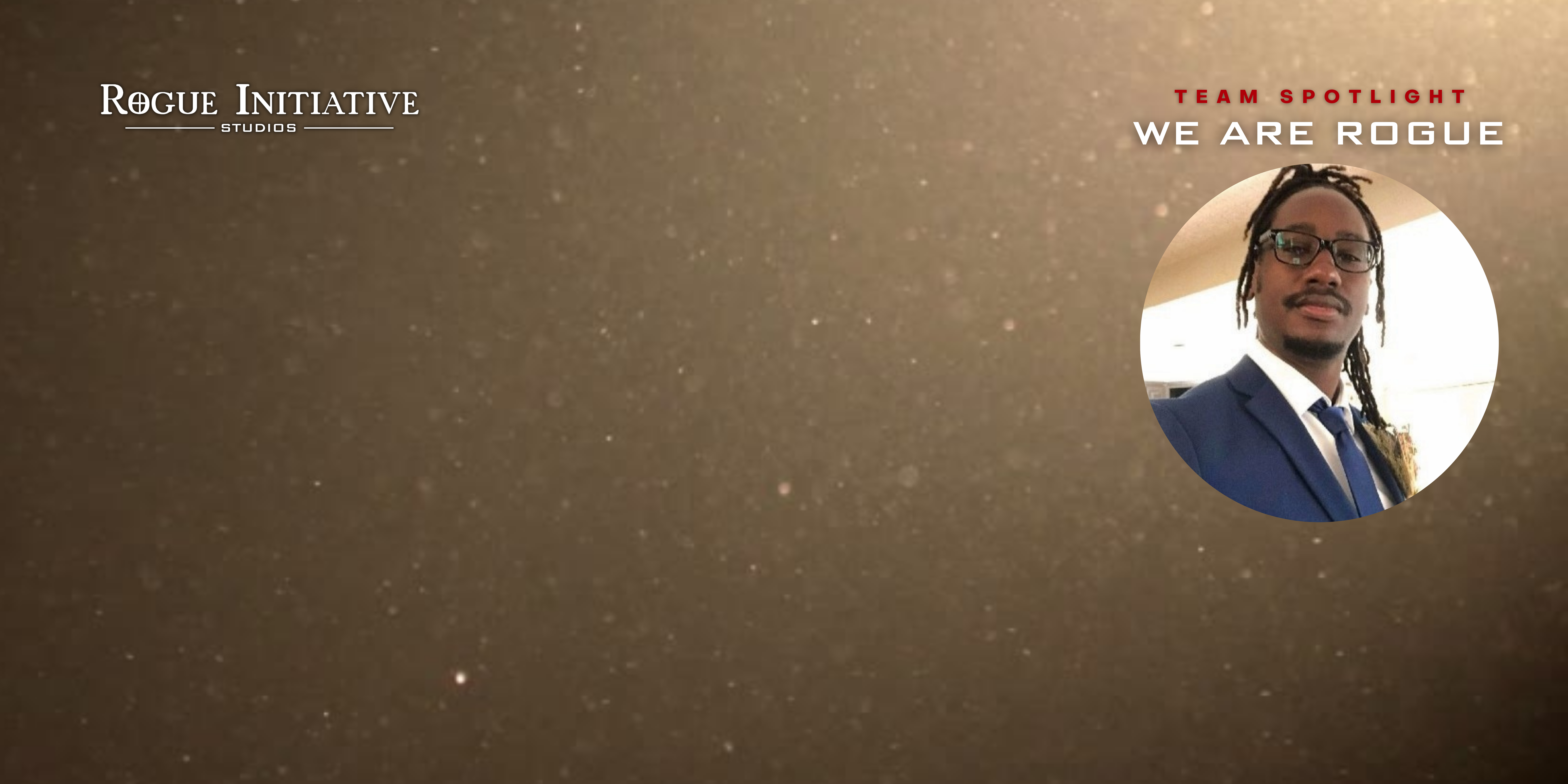Rogue Initiative Studios is pleased to introduce Joseph Howard!
Today, we’re excited to introduce Joseph Howard as our next “We Are Rogue” spotlight! Joe’s incredible work is notably featured in creating AI in collaboration with our Combat Design team.
As part of his Spotlight, we sat down with Joe to learn more about his passions for game development and his story in the industry.

